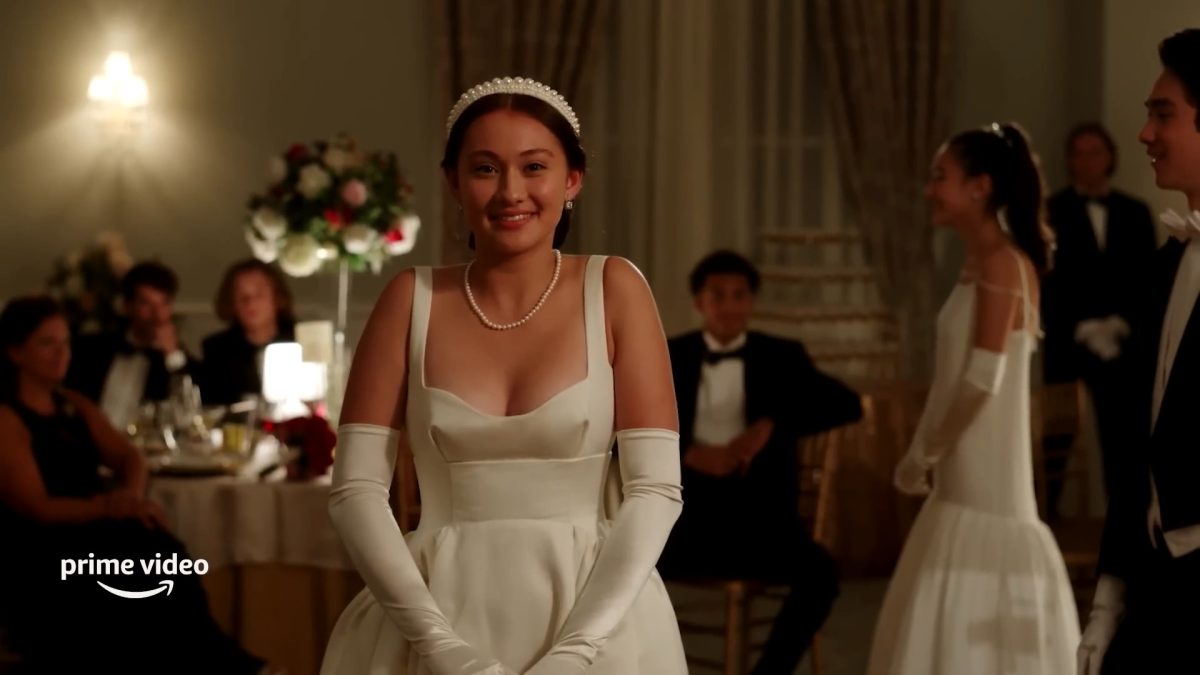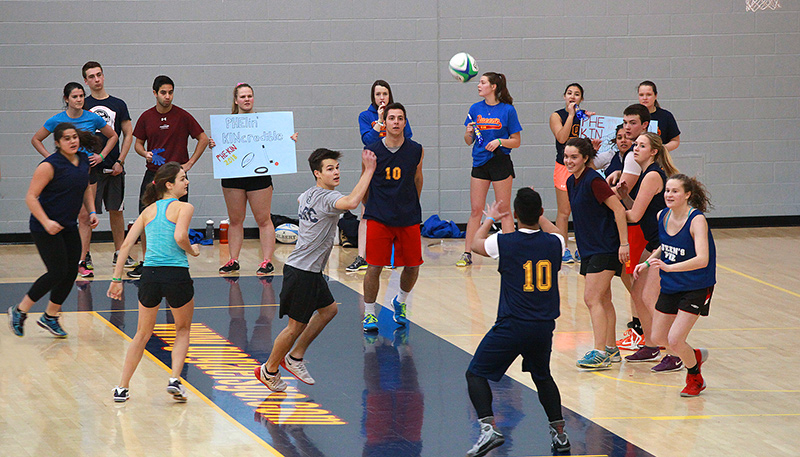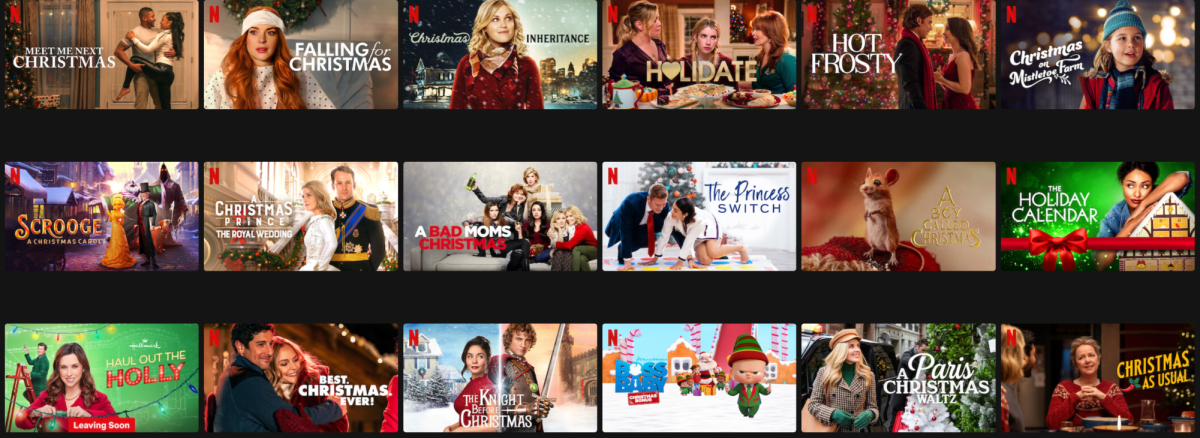The Summer I Turned Pretty encapsulated and consumed our minds, Wednesday nights, and TikTok for-you pages this past summer. Everybody, not just the target audience of heartthrob teenage girls, but people from all generations and backgrounds–all of whom impatiently tuned in on a weekly basis to watch every new episode. Each week, we became rapidly committed to the lives of each authentic character. In this day and age, when thousands of unique shows are produced annually, why did this show stick and become a global phenomenon? Was it’s popularity due to pure genius marketing techniques that were methodically planned, or just dumb luck?
Our investment in the show could have stemmed from a myriad of reasons, whether it was that we related to or despised the characters, gravitated to the irrational brotherly love triangle and concept of choosing teams, or the suspense that forces us to need to know what happens next.
The Summer I Turned Pretty has an endless reach over generations and diverse communities. This reach explains why everybody–your best friends, soccer coach, teachers, or family members–are devoted to the plot. It is a strange and unusual occurrence that millennial’s and people of the Gen-X generation are overly obsessed with a young adult television show. Jenny Han, the creator herself and a fellow Gen-Xer, meticulously wrote the script in order to tap into the older generation’s nostalgia from their claimed past romantic comedies.
Vogue’s Megan Angelo believes that, “there’s definitely something about this show that taps at my nostalgia algorithm, which is right on time for my age[40 years old] and the age of my friends. But nostalgia is supposed to be activated by culture that recreates your youth: your clothes, your music, your references.” Although The Summer I Turned Pretty was originally perceived as a teenage love story, there are unique concealed aspects that attract the older generations.
As a society, we thrive on anger and animosity, and these qualities cause us to constantly look for something or someone to hate. Fictional villainous actions give us an excuse for what to pin our built-up anger on, and give us another reason to feel better about ourselves.
Numerous instances of this concept are apparent in the show. Including when Jeremimiah Fisher, played by Gavin Casalegno, cheats on his long-term girlfriend, or when Belly, played by Lola Tung, carelessly relationship hopped between brothers and close family friends. As for many, I could speak for hours on end about my deep-rooted loathing towards Belly’s reckless actions, who is a fictional character I have only ever encountered on my television screen. These widely agreed upon views are why a large community with that common belief identifies themselves as “Team Anti-Belly”.
Along with viewers relying on something to root against, the best television shows constantly include a success story for the underdog. Conrad at first glance was recognized as heartless and closed off, but in reality, he was misunderstood and needed character development in order to evolve into a fan favorite. Emotional connections and ties to a show, whether positive or negative, are deciding factors of its general fame.
Another undeniable reason that led to The Summer I Turned Pretty to success is the aspect of a love triangle. Time after time, romantic comedies continue to include a love triangle because it has yet to fail. Some of the most influential and prominent love triangles that established this trend include The Notebook, Vampire Diaries, My Best Friends Wedding, and Twilight. All of these have simple plots, but the love triangles allow fans to become dedicated to one of the two characters fighting for the other’s love. As if the love triangle was not enough to catch viewers’ attention, Jenny Han added the sick twist of the two brothers being intertwined in the love triangle, forcing a brotherly rivalry, strange family dynamic, and emotional distress.
Lastly, social media played a major role in the popularity and success of the show, with over 200,000 posts made under the hashtag, #TheSummerITurnedPretty, on TikTok alone in the past month. The Summer I Turned Pretty invested a lot of energy into growing their own platforms geared towards younger audiences, with their Instagram accumulating a following of 4.4 million, and TikTok with 3.9 million. On social media and in real life, fans divided themselves into “Team Jeremiah” or “Team Conrad” which generated passionate debates that added to the conversation.
In reality, there is no one singular reason that led The Summer I Turned Pretty to become a cultural phenomenon, but rather the collection of concepts such as generational reach, yearning for something to resent or root for, the erratic love triangle, and social media influence. However, most importantly, over the past three seasons and four summers, fans and enthusiasts built connections and dependency on the characters and show. In a time when everything is dividing us, we seek community, comfort, stability, and an escape. We want to escape into the distracting world of Cousin’s beach, debutante balls, and teenage dreams. All of which were undoubtedly and objectively provided by The Summer I Turned Pretty.









